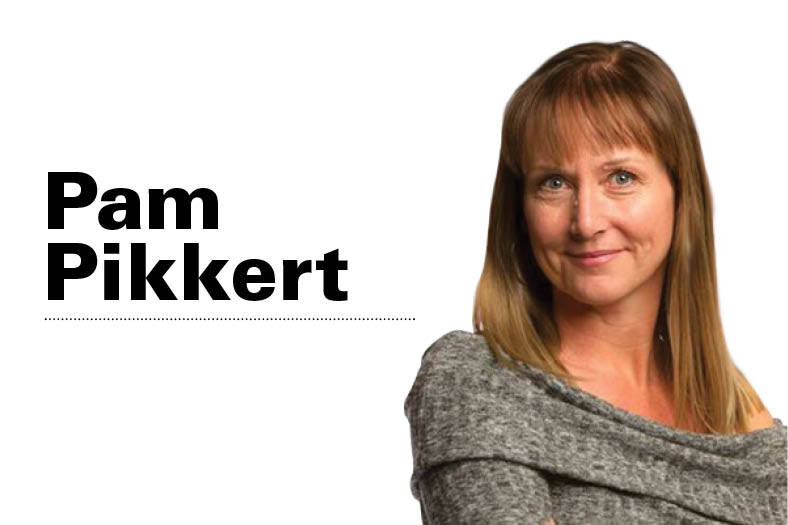Once upon a time you purchased a home.
It was the place you saw growing both your dreams in a safe environment and a vessel to financial prosperity in the future. And then…something happened in your life and you find yourself considering a refinance as a way out of a situation you had not anticipated.
• Bob and Mary have been married for 54 years when she is diagnosed with cancer. Bob takes care of her and their savings end up fully depleted due to the extra costs the illness incurs.
After she passes, Bob finds himself needing to access funds for the balance of his retirement.
• Jordyn has been presented the opportunity to become a partner in the company but needs the funds for the required capital buy-in.
• Jim has been in the oil industry for years. He was let go during the last downturn. He went through his savings and then accumulated debt until he was able to find a similar position.
Now he is back at work but feels that he isn’t catching up and would like just one payment for all debts.
• Susan went through a major illness. Her family lent her money so she could take time off work to recover. Now that she has done so, she would like to pay them back in full to avoid any family money wars.
• Patty and Darren have an opportunity to invest in a home near the university their son will attend but need to access the cash for the down payment.
The point of all these stories is to show you that life happens and a refinance can be a way to get back on track or take advantage of an unexpected opportunity.
Many people feel almost a sense of shame as far as refinances go. As though they should have been better with their money management. That is not at all the case. A refinance should be seen only as a tool like any other.
So what should you know before you refinance.
1. The maximum amount allowable for a refinance is 80% of the property’s value. A $400,000 home will only be eligible for a $300,000 mortgage. If you currently owe more than 80% then a refinance will not help.
2. There will be costs. A mortgage is a contract and if it is broken early there will be a penalty.
A call to your current mortgage provider is a very good idea as a first step. There will also be legal fees to register the new mortgage and possibly an appraisal. Each lender is different so make sure you look around for the best option.
3. The interest rates are higher for these mortgages.
The government came in a couple years back and made some changes. Those with more than 20% equity in their homes are considered a higher risk as the banks can no longer get CMHC insurance on these loans. As of today a five-year mortgage for someone with 5% down would have an interest rate of about 3.34% oac.
A refinance would have a best rate of about 3.69% oac.
A refinance can make good sense if you are considering paying out credit cards which have higher interest rates but make sure to consider getting rid of some your available credit so you don’t find yourself here again.
Additionally, if you have substantially decreased your monthly borrowing costs, it is a great time to consider taking the amounts you were used to paying and directing it right back into a savings account or against the mortgage.
Life happens to the best of us and a refinance should be seen as nothing more than a potentially useful tool in your arsenal. Call your mortgage professional today to see if it may be right for you.
Pam Pikkert is a mortgage broker with Mortgage Alliance – Regional Mortgage Group in Red Deer.



